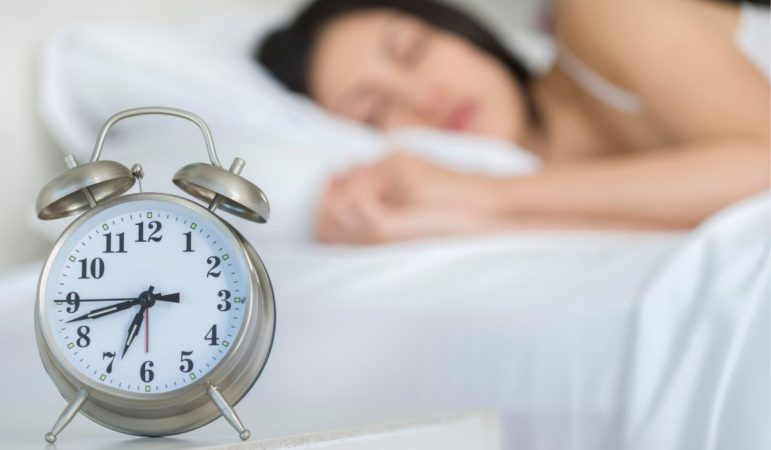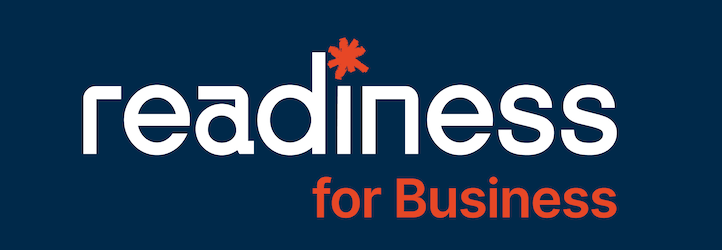By Christi Malthouse
Are you a night owl or a morning lark? Do you scroll through your phone at night letting time lapse without too much thought? Or do you jump out of bed, with purpose?
The answers to these questions are more important than you think and could very well be affecting your health in all areas – mental, emotional and physical.
60% of Australians report a sleep issue of some kind. Considering that we sleep for a third of our lives, for 15.6 million Aussies to be tossing and turning at night means we haven’t made sleep enough of a priority compared to other pillars of health like diet and exercise.
In fact, too many of us sacrifice sleep for more work or more play, without realising that it is the one thing that could actually help us with both.
What are the benefits of sleep?
Readiness sleep expert Elise Facer-Childs from Peak Sleep to Elite, explains that sleep is as important to our overall wellbeing as what we eat and how much we move. Good sleep, of sufficient duration and quality:
- Supports brain function and muscle repair
- Can improve concentration and productivity
- Supports a healthy immune system
- Assists in reducing inflammatory responses in the body
- Can positively influence weight regulation
- Improve mental and physical performance
Of course the flip side of this is sleep deprivation, (ie: a lack of sleep), which can negatively impact your mental wellbeing. Poor sleeping patterns have been linked to depression and other mental health issues.
And because sleep plays a key role in the regulation of our central nervous system, disturbed sleep can cause physiological issues too, like increased inflammation, insulin sensitivity and changes to appetite hormones.
Makes you tired just thinking about it doesn’t it. Nap anyone?
How much sleep do you need?
It is recommended that adults between the ages of 18 and 64 years sleep for 7 to 9 hours a night. More for teenagers, 8 to 10 hours. And more again for school-age children, 9 to 11 hours.
So if you need to rise at 6.30am to prepare for work, that means switching off Netflix or stopping the Instagram scroll by 9.30pm. However, Facer-Childs says it is important to recognise that everyone is different, so there is no one size fits all approach to sleep.
If you struggle with sleep or often feel tired during the day, then here are some tips to improve your sleep.
How can you get more sleep?
- Have a regular, consistent bedtime and wake time
- Avoid large meals, alcohol or caffeine before bed
- Create a restful environment which includes temperature, light, and noise regulation
- Avoid screens for at least half an hour before sleep
- Regular, appropriately timed exercise promotes better sleep
- Consider meditation, journaling, or just jotting down concerns to reduce stress and worries at bedtime
All of this takes us back to the initial question: are you a night owl or morning lark? Because that matters when it comes to our ability to perform physical and mental tasks, says Facer-Childs.
We are all controlled by our chronotype – or “body clock” – which determines when we are generally most alert and energetic.
This means that some people are naturally more attentive and productive earlier in the day, and others later in the day. Which isn’t great if you’re a night owl and expected to be at work and switched on, early every day. Or a morning lark with an afternoon of scheduled meetings.
Knowing what your body clock is can help to design a workday that better suits you for focus and output.
While these circadian rhythms are influenced by our genetics and environment, Facer-Childs believes that by adjusting some behavioural habits, gradually – like creating consistent routines, dimming the lights in the evening and switching them up in the morning – people can modify their sleep, and thereby their energy and performance patterns.
And that gives this night owl some hope!
Resources to help with improved sleep from Peak Sleep to Elite are available on the Readiness platform. For more information on Peak Sleep to Elite’s sleep workshops for organisations and employees, visit www.peaksleeptoelite.com
To learn more about how Readiness can support the wellbeing of your employees, contact us.


